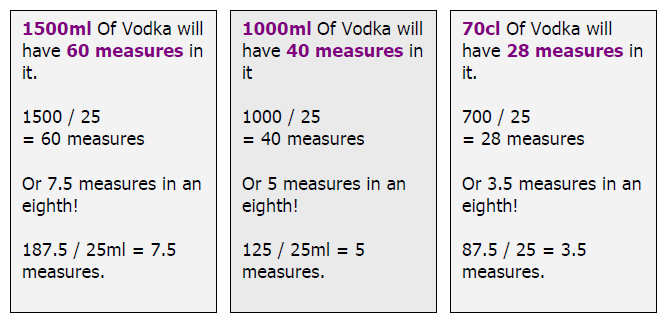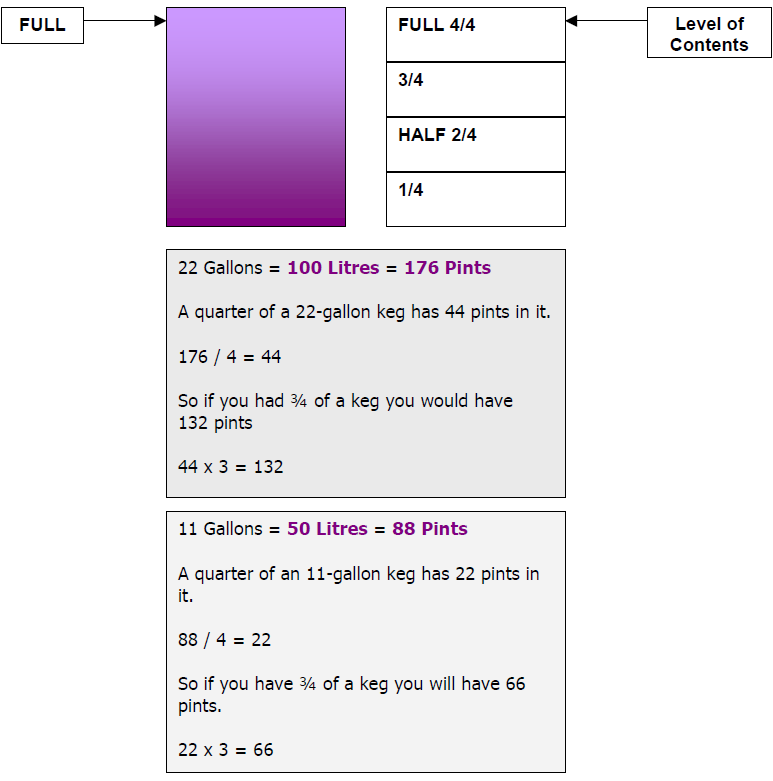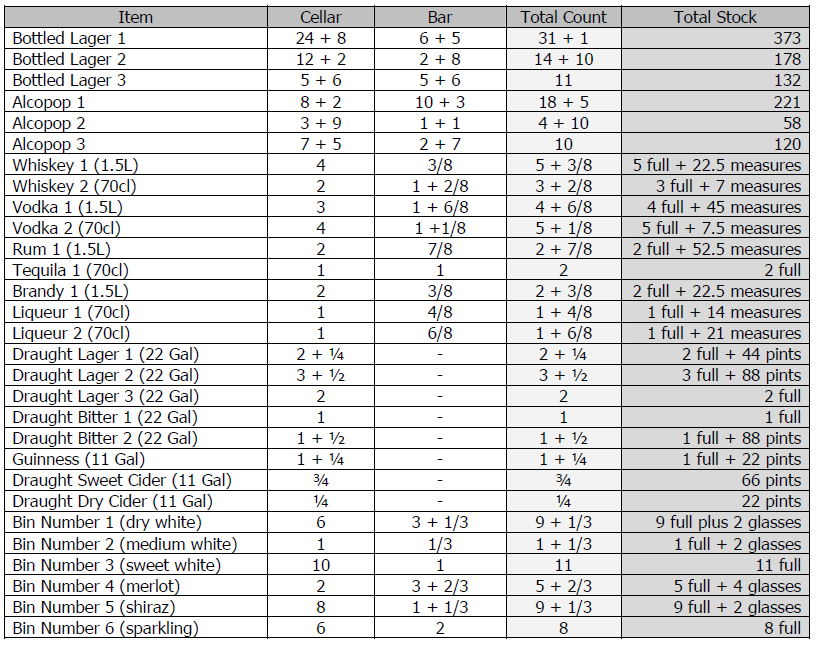🔥 Popular Free Downloads

THE FULL WORKS
All of our staff training manuals in one handy download!

FREE STAFF HANDBOOK
A totally customisable free staff handbook download.

FREE PROFIT & LOSS CALCULATOR
Keep on top of your expenses with our free profit and loss calculator.
🔥 Popular Pages
- How to Run a Restaurant
- Awesome Articles
- Managing Your Staff
- Marketing Your Restaurant
- Restaurant Financing and Funding
- Maintaining Neutrality in Pronoun Usage
- Everything You Wanted To Know About Gin
- Safe Cooking Temperatures For Meat
⭐ Popular Resources

SWOT ANALYSIS
SWOT Analysis explained in detail accompanied by a free download.

DOWNLOADS HUB
The place to download all of our free forms, templates & guides.

FREE CASH FLOW CALCULATOR
Download our free template or use our online cash flow calculator.

BAR MANAGEMENT TRAINING
Simple and free online bar and cellar management training.

Counting Stock
Written by The Restaurant Doctor UK Team
Last Updated: 29th October 2023
<<< Contents | 2. Ordering Stock >>>
Why should you spend ages counting bottle after bottle of lager, alcopops and spirits?
Doing a weekly stock count has very significant benefits to you as a manager. Most stock control software is confusing and the majority of people just don’t have any, so counting it yourself, and knowing what to do with your figures is very important.
By counting your stock each week you can;
✔ Determine if you have a surplus or
deficit in stock levels.
✔
Discover if any of your staff are stealing from you.
✔
Discover if you are wasting too much.
✔
Stay on top of your stock ordering and rotation.
Counting the stock isn’t hard as you will probably know, but it is time consuming, though I promise you it is worthwhile and should be done thoroughly.
When you count stock you should have a consistent method of measuring that you use each week, the following is a guide to how we count our stock;
Cases of Beers, lagers and alcopops contain 24 bottles by standard so count your stock in dozens. If you have 4 full cases of Budweiser and 14 loose bottles, record this in your count as 9 + 2, which means you have 9 dozen plus 2. Arrange the bottles in your fridges in rows of 12 too so that you can count them quickly.
Measuring Spirits
When working out how much of a spirit is left in the bottle measure it against a full bottle, and divide it into eighths.

We do this because it is a consistent measuring method and it doesn’t matter if the bottle is 1.5L, 1.0L or 70cl because you can work out how much is in the bottle from your measurement.
If you wanted you could work out how much of each item you have, to the measure. It depends on the size of your optic measures which number we use; let us say you prefer to work in 25ml measures.

All you need to do to show how many measures you have with 35ml measures is replace the 25 in the above working out with 35.
Measuring Kegs
This is a difficult one to accurately determine, but you can work out roughly how much is in a keg if you measure it in quarters. The difficult thing here is that you have to go on touch alone, it is unfortunately guesswork, unless you have a proper device to do it for you.

Measuring Wine
A standard bottle of wine come in a 750ml bottle, and depending upon the measure you use (125ml 0r 175ml) it varies how many measures you get out of a bottle. Seeing as though you don’t get many glasses of wine out of a bottle we show how much we have left in thirds.

Assuming you use 125ml measures you will get 6 glasses of wine out of a 750ml bottle.
Which means there are 2 glasses of wine in a third.
So if you had 2/3’s you would have 4 glasses of wine.
It really is straightforward when you have a simple set of values to follow; working out your total stock holding is simple once you have counted everything.
Let us now do a stock count. The table below shows what stock we have counted in our bar and cellar (including items on display).

In conclusion, while counting your stock can be a time-consuming task, it is an essential part of successful bar and cellar management. By regularly counting your stock, you can identify any surplus or deficit in stock levels, detect theft or waste, and ensure efficient stock ordering and rotation.
Having a consistent method of measuring your stock is also crucial, and by following a simple set of values, you can easily determine your total stock holding. With proper stock taking techniques, you can streamline your inventory management and maximize profits for your business.
You may also like...
Business Finance, Credit, Borrowing Money and Funding:
Looking to borrow money or wanting to apply for a credit card, mortgage, overdraft, business loan or even car insurance for your restaurant? This article covers the areas you need to consider when applying for finance, borrowing money and applying for credit for your business. Looking after your money is important, especially money you borrow.